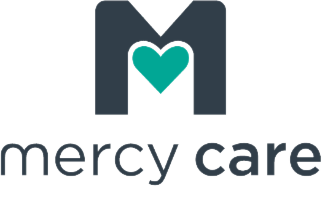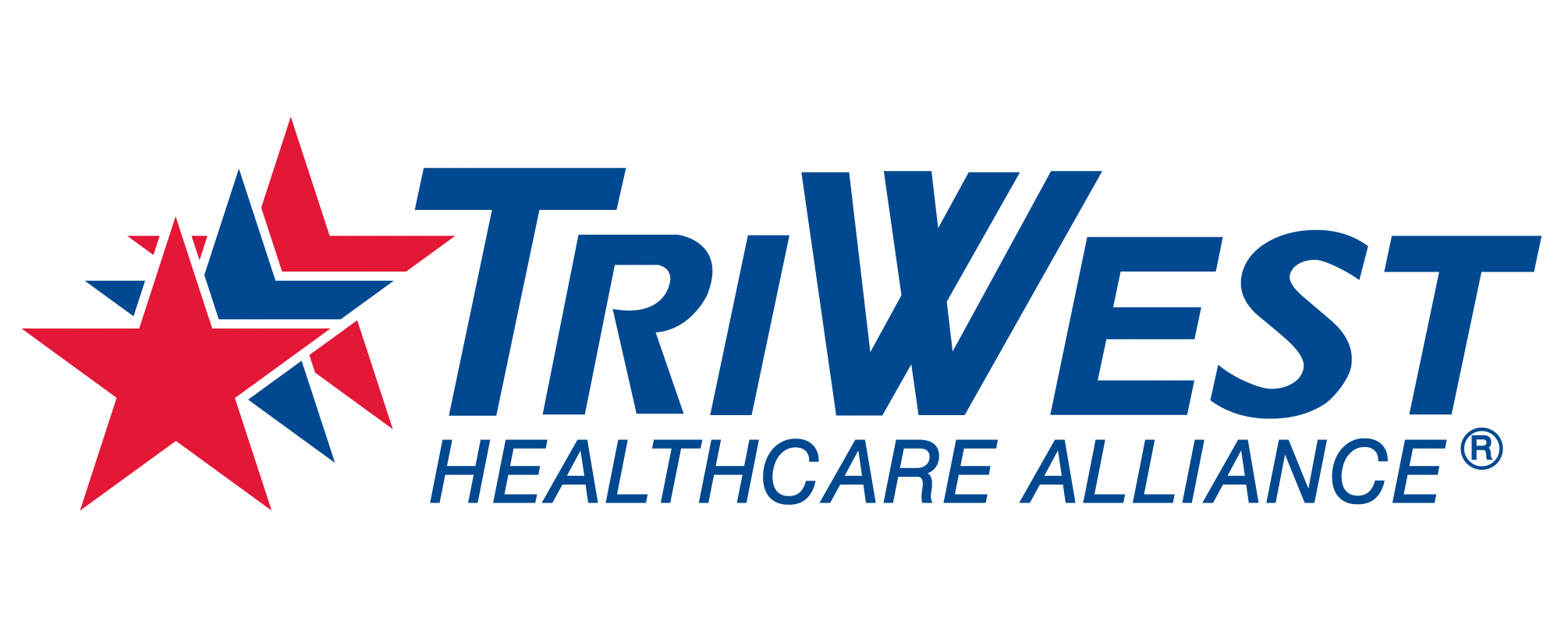As a leader in the Methadone and IOP recovery space, we are committed to supporting individuals on their journey to overcome addiction and reclaim their lives from the grips of drugs and substances. The link between suicide risk and addiction is a critical concern that demands our unwavering attention and proactive measures. In this editorial article, we will explore the complex relationship between suicide risk and addiction, delve into the role of methadone in the recovery process, and highlight how this medication can offer hope and a path to sobriety for those struggling with opioid addiction.
I. Understanding the Complex Link between Suicide Risk and Addiction:
- The Dark Abyss of Despair: Addiction and mental health struggles often coexist, pushing individuals into a dark abyss of despair. Feelings of hopelessness and isolation can elevate the risk of suicidal ideation.
- Coping Mechanisms: Substance abuse can become a destructive coping mechanism for individuals attempting to numb emotional pain or trauma, inadvertently exacerbating their vulnerability to suicide.
- Stigma and Barriers: The stigma surrounding addiction and mental health can deter individuals from seeking help, leading to delayed or insufficient intervention.
II. The Role of Methadone in Addiction Recovery:
- Methadone: A Medication-Assisted Treatment (MAT): Methadone is a long-acting opioid agonist that helps individuals struggling with opioid addiction by reducing cravings and withdrawal symptoms. It is considered a Medication-Assisted Treatment (MAT), which combines medication with counseling and behavioral therapies for comprehensive care.
- Reducing Relapse Risk: Methadone plays a crucial role in reducing the risk of relapse, as it stabilizes brain chemistry and helps individuals regain control over their lives.
- Improved Treatment Retention: By alleviating the discomfort of withdrawal and cravings, methadone improves treatment retention rates, increasing the likelihood of successful recovery.
III. Counseling and Behavioral Therapies in Conjunction with Methadone:
- Holistic Approach: Methadone is most effective when combined with counseling and behavioral therapies. These approaches address the underlying causes of addiction, support mental health, and develop healthy coping mechanisms.
- Identifying Underlying Trauma: Through counseling, individuals can explore past traumas and experiences that may contribute to addiction and suicidal thoughts, fostering a path to healing.
- Building Resilience: Behavioral therapies empower individuals with the skills and tools to navigate life’s challenges without resorting to substance abuse or harmful behaviors.
IV. The Importance of Holistic Support Systems:
- Community Understanding: Building community understanding and empathy for those in recovery can reduce stigma, enabling individuals to seek help without fear of judgment.
- Family Involvement: Family support is invaluable in the recovery process. Involving families in treatment and offering resources for education and support can foster stronger bonds and contribute to successful recovery outcomes.
- Post-Recovery Support: After the acute treatment phase, individuals benefit from ongoing support systems and resources to help them navigate challenges in their sobriety journey.
V. Comprehensive, evidence-based care:
The link between suicide risk and addiction is a complex and multifaceted challenge. As a leading methadone and IOP clinic, we stand committed to addressing this issue through comprehensive, evidence-based care.
Methadone, as a Medication-Assisted Treatment, offers hope and healing for individuals grappling with opioid addiction. By stabilizing brain chemistry and reducing cravings, it plays a pivotal role in reducing the risk of relapse and fostering long-term recovery.
However, the journey to recovery extends beyond medication alone. Counseling, behavioral therapies, and a supportive community are vital components of successful recovery, addressing the underlying causes of addiction and promoting mental well-being.
By fostering a compassionate and understanding society, we can reduce the stigma surrounding addiction and mental health, providing individuals with the support and resources they need to thrive. Together, let us forge a path towards a future where suicide risk is mitigated, and individuals struggling with addiction find the strength to reclaim their lives and embrace a brighter, substance-free future.







